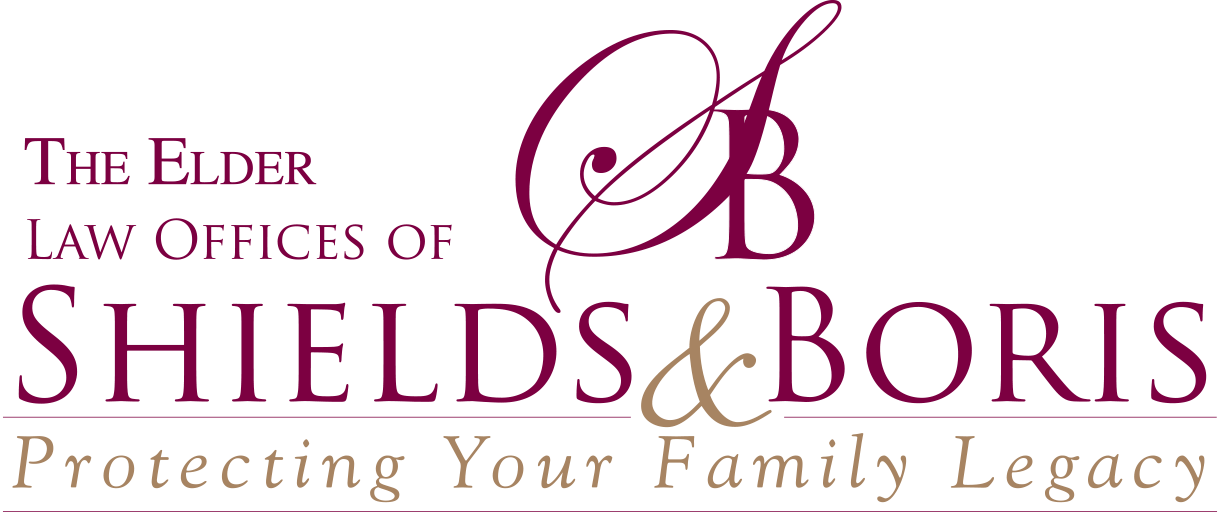Medicaid Crisis Planning
Serving Clients in Western and Central Pennsylvania and the Surrounding Area
The Pennsylvania Elder Law Office of Shields and Boris, is dedicated to helping families who are overwhelmed or confused by all the decisions they have to make when they have a loved one in a nursing home. If your situation is similar, contact us for a FREE consultation, or feel free to request our FREE report, Don’t Go Broke in a Nursing Home. We reveal little known strategies that can help protect you, and your loved ones.
Is a loved one considering, or already in a nursing home? Are you contemplating financial assistance but afraid of potentially losing what you worked so hard to gain? Are you constantly struggling, feeling overwhelmed, frustrated and confused? There’s hope...
What Is Medicaid?
Medicaid, otherwise known as Medical Assistance in Pennsylvania, is a public insurance system that provides free health insurance to persons who are eligible. It is jointly funded by the federal and state governments.
In Pennsylvania, the Department of Public Welfare administers Medicaid under Pennsylvania’s Medical Assistance Program. The County Assistance Office administers the program at the local county levels.
In order to be eligible, you must be among a particular group of persons, such as pregnant women, children, older adults or disabled adults. There are also strict financial and citizenship requirements.
Medicaid Planning: Qualifications
In order to understand the Medicaid qualifications, you first need to know how Medicaid treats your assets. Basically, Medicaid breaks down your assets into two separate categories: non-exempt assets and exempt assets.
Medicaid Planning: Exempt Assets
This includes assets which Medicaid WILL NOT take into account:
- The Home – As long as the equity is not greater than $500,000. The home must be the principle place of residence. The nursing home resident may be required to show an “intent to return home” even if this never actually takes place.
- Household and Personal Belongings – Such as furniture, appliances, jewelry, and clothing.
- One Vehicle – As long as the limit on value of the new vehicle is a “reasonable” value.
- Prepaid Funeral Plans and Burial Plots.
- Cash Value of Life Insurance Policies – As long as the face of value of all policies added together does not exceed $1,500. If it does exceed $1,500 in total face amount, then the cash value in these policies is countable. Also, term life insurance is exempt.
- Cash – Includes liquid bank accounts not to exceed $2,400 or $8,000 depending on income.
- Trusts – Depending on the terms of the trust.
Why Seek Advice For Medicaid Planning
As life expediencies and long term care costs continue to rise, the challenge quickly becomes how to pay for these services. Many people cannot afford to pay $9,600 per month for the cost of a nursing home, and those who can afford to pay may find their life savings wiped out in a matter of months, rather than years. Fortunately, the Medicaid Program is there to help.
In fact, in our lifetime, Medicaid has become the long term care insurance of the middle class. But the eligibility to receive Medicaid Benefits requires that you pass certain tests on the amount of income and assets that you have. The reason for Medicaid planning is simple. First, you need to provide enough assets for the security of your loved ones. Second, the rules are extremely complicated and confusing. The result is that without planning and advice, many people spend more than they should and their family security is jeopardized.
DISCLOSURE: The information on this web page has been provided by Licensed Insurance Professionals and Attorneys, and is not sponsored or endorsed by any governmental agency. This agency, the individual agents, and the insurance carriers they represent do not guarantee the validity of the content found on any third party site, and are not responsible for maintaining the content provided therein.
